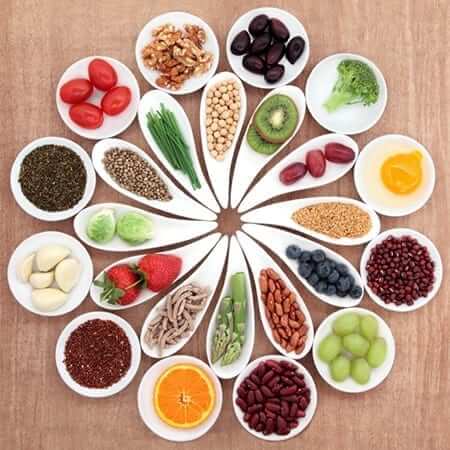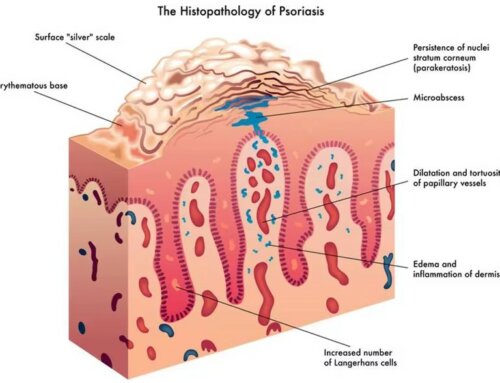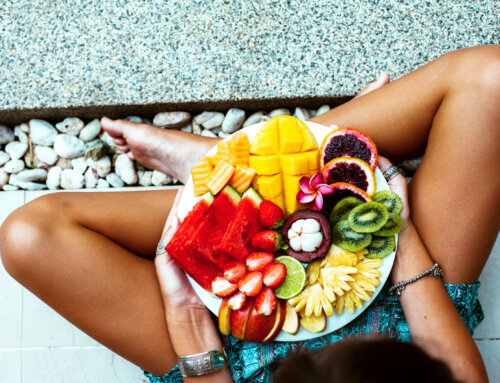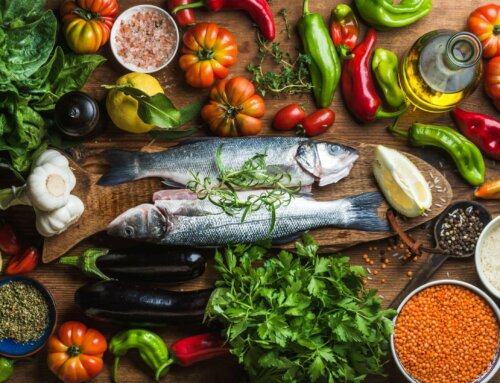I often teach patients during diabetes management skills sessions who complain about GI upset – including symptoms of gas, bloating, indigestion, as well as problems concerning regular bowel habits. Patients want to know if these symptoms are directly related to their condition of diabetes. The most common GI issues linked to diabetes are – taking Metformin (an oral medication) without food; this can cause GI gas, bloating and diarrhea. The second most common related GI problem to diabetes is gastroparesis.
Gastroparesis occurs when the food does not move through the GI tract as it should due to nerve damage. The food remains undigested for a longer period of time, causing GI distress. Although not directly associated with diabetes, I wanted to review some other very common reasons for GI troubles people may experience especially as the holiday season is in swing.
- Lactose intolerance. It is common, especially as we age, to have difficulty digesting certain dairy foods. Many patients realize they feel uncomfortable and bloated when they drink milk or eat ice cream; they may not realize they have lactose intolerance – which is extremely common. Milk contains sugar lactose, which many people find difficult to digest. Common symptoms are gas, bloating and diarrhea. Yogurt and hard cheeses do not contain lactose, even though they are dairy products, and rarely cause symptoms. Consider using Lactaid milk (which is lactose free) instead – but realize it is still counted as a carbohydrate.
- Too much spice. I often recommend that patients use spices and herbs to season their food instead of using regular salt to jazz up the flavor. The problem comes when too much is used. I actually work with someone who puts hot sauce on every single food he eats! Hot sauce, Chinese mustard, chili sauce, Sriracha sauce, pepper sauce, cayenne pepper, red pepper flakes, black pepper and jalapeño slices can frequently cause heart burn or acid reflux in certain people – even in small amounts. If you notice a connection, try to reduce or avoid these foods and spice up with fresh herbs instead.
- Foods high in acid. Citrus foods including lemons, limes, oranges, tangerines and grapefruits are high in acid and may trigger a problem for certain people. Tomatoes, tomato paste, tomato sauce, tomato juice and even ketchup may cause acid indigestion. Try to eliminate these and reintroduce them slowly and in small amounts to see which ones are the irritant.
- High fat foods. Patients often think that foods high in fat coat the stomach but in reality, fatty foods can cause GI problems. Too much fat can play havoc on your GI tract by slowing gastric emptying and causing constipation. Other times, fatty foods can speed up movement of foods and increase your risk of diarrhea. It depends on the type of fat eaten, or if you are predisposed to this problem. When your stomach acts up, try sticking to low fat foods and eat small meals several times a day. Less food at one sitting will cause less gas and pressure. Foods including red marbleized meat, poultry skin, high fat cheeses, butter, whole milk and ice cream should be avoided when GI issues appear.
- Fried and greasy foods. These foods tend to behave like fatty foods and often cause GI distress. They can move too quickly in an undigested state or stay too long which causes bloating and heaviness. Fried foods have little or no fiber, and are rarely recommended in a healthy diabetes diet. Know how your body handles these foods and avoid when you display GI symptoms. Like fatty foods, greasy foods should be kept to a minimum or avoided with diabetes.
- Processed and packaged foods. These foods lack fiber and tend to have extra artificial coloring, flavoring and are heavy in preservatives. They have no nutritional value and often cause GI upset.
- Artificial sweeteners. Sorbitol, maltitol and xylitol can create gas, bloating and diarrhea when they reach the large intestine. They are difficult to digest and often used in sugar free gum, cookies, cakes and candy for added sweetness. When eating these products, eat in small portions since they are not calorie free, and may further upset your stomach.
- Drinking alcohol. Many holiday parties include a cocktail or glass of wine the minute you arrive. Alcohol can cause acid reflux since it can irritate the stomach lining. Alcohol has no nutritional value and just adds extra calories. If alcohol irritates your stomach, try to avoid it completely. If you want to participate and you are allowed by your physician, make sure to have your drink with food to avoid GI problems. Never use sweet mixers, including regular soda or fruit juice.
- Caffeine. Caffeine can make the motility of the GI tract increase – which may cause cramping and diarrhea. If it causes a problem, avoid caffeine in coffee, chocolate, tea, diet soda and even decaf. Caffeine can promote acid reflux in many people.
- Salty foods. Heavily salted foods are difficult to digest, which is even worse when GI symptoms exist. Do not cook with salt, add table salt to foods, and avoid prepackaged frozen meals which are usually high in sodium. Use salt free nuts and unsalted popcorn for snacks.
- Pickled foods. As with salty foods, pickled foods can be difficult for many people to digest. When your stomach is acting up, avoid pickles, sauerkraut, pickled fish and fermented foods which can worsen symptoms.
- Gas producing foods. Beans, cruciferous vegetables (including cabbage, broccoli, and cauliflower), onions, garlic, bananas and raisins may cause GI upset in some people due to fermentation and fiber content.
- Rotten foods. Whether raw or cooked, all foods have a limited shelf life. Check the expiration dates on eggs, dairy foods and meat. Look at dates on mayonnaise, salad dressings, and condiments as well. When preparing foods, do not cross contaminate. Use separate cutting boards when preparing raw chicken and other foods. Always wash cutting boards and knives with hot soapy water. Salmonella and E-coli bacteria can travel from meats to fruits and vegetables. You may experience food poisoning – causing fever, diarrhea, stomach cramps, fatigue and muscle aches.
- Raw foods. Watch out when eating raw shellfish (including clams, mussels and oysters). Do not eat clams or oysters that do not open when boiled. Use pasteurized milk and cheese to avoid possible stomach problems from raw dairy products.
- No smoking! Smoking can actually cause GI distress and reflux in many people – especially when smoking cigars.
It is impossible to always know what has aggravated your stomach, but try to be aware of what you put in there. Keep food plain, simple and bland when you are not feeling well. Eat small portions several times a day. Consider drinking ginger or peppermint tea, which has properties that may lessen stomach spasms. Remember that antibiotics can knock out the good bacteria (in addition to the bad ones), which often protects your stomach. Here are just a few suggestions which may help you celebrate the season with a calm stomach. Realize there are many reasons other than diabetes why your stomach may feel off during the holidays!
NOTE: Consult your Doctor first to make sure my recommendations fit your special health needs.







Leave A Comment